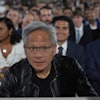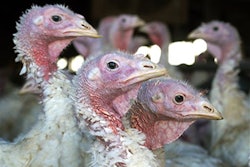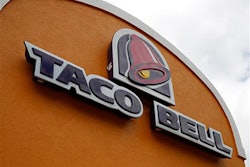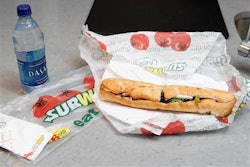WASHINGTON (AP) — Michelle Obama said Wednesday that it's important to help bees, butterflies and other creatures that spread the pollen that helps food grow.
She also announced that a network of conservation and gardening groups has launched a nationwide campaign to create 1 million pollinator gardens by the end of next year. Such gardens are one way to help reverse the decline in pollinating insects by offering food, water and shelter.
Last year, the first lady added a pollinator garden to her vegetable garden on the South Lawn of the White House.
Separately, President Barack Obama recently released a plan to help reverse the decline in the population of pollinators by making millions of acres of federal land more bee-friendly, spending more money on research and considering the use of fewer pesticides.
Pollinators are responsible for one out of every three bites of food eaten daily in the U.S., Mrs. Obama said.
"Bats, bees, birds, all of those, they get attracted to the gardens and they go and sprinkle life around so that food grows," she said at the annual spring harvest of her garden.
The threat of rain forced the event to be moved indoors to the White House East Room.
Staff harvested the garden earlier Wednesday, so all that was left for the first lady and two dozen students to do was to prepare the waiting baskets and bowls of cauliflower, kohlrabi, broccoli, fennel and lettuce.
The vegetables went into a grilled soba chicken salad, dressed with vinaigrette made with honey from the White House beehive, that Mrs. Obama and the students then ate.






















